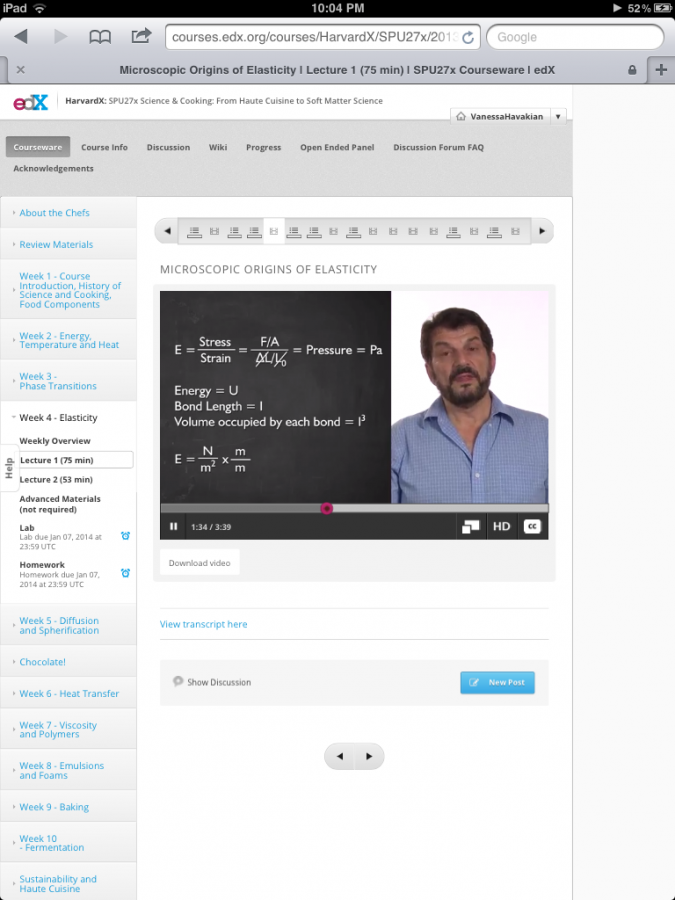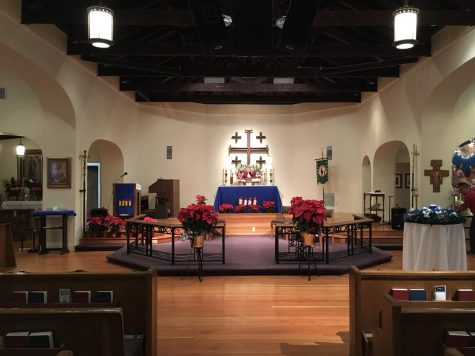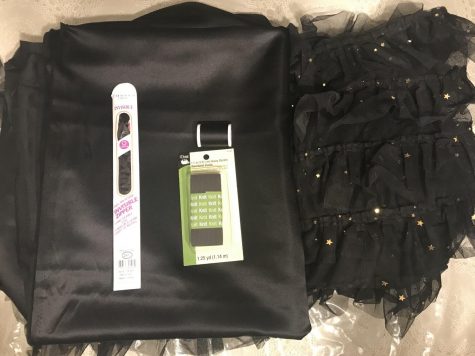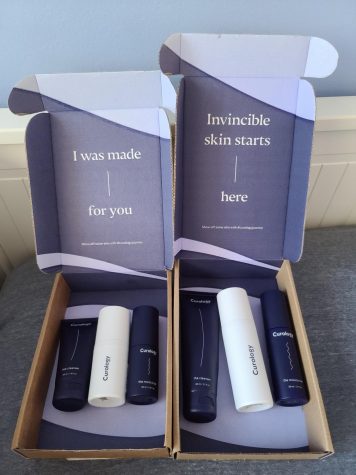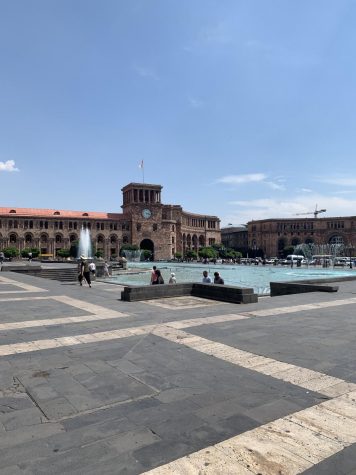I got accepted into Harvard!
MOOCs pose new challenges for learning in a 21st century world.
It is October 8, 2013, and I click to watch the first lecture video of my first online course ever. I have already answered some basic questions about my purpose and goal of taking this course and I am very excited to hear some of the top chefs in the world teach me about their famous dishes.
This 46-minute video tells me about several topics: how the involvement of science in the kitchen is not a new idea, how the great French chef Escoffier and German scientist Liebig agreed that the most important thing to do when cooking meat is to sear the meat to seal in juices, and how the invention of the pressure cooker has helped chefs. Halfway through the lecture I lose interest and stop reading the captions as well, thinking I do not need to know this information.
When the lecture finally ends and I click to move on to the next lecture, I am surprised with a set of questions based on the lecture I just partially listened to. I guess it is time to go back and pay attention this time!
Even though the course guidelines state that the scores for lecture questions and participation in forum discussions will not be counted towards my final grade, and that only homework, lab and final grades matter, I am determined to pass this class and get my Honor Code Certificate, even if it means listening to long lectures. After all, MOOCs are designed for unlimited participation and open access via the web.
Today we live in a world dominated by technology and the Internet, both designed to make our lives easier. In the past couple of years, Massively Open Online Courses (better known as MOOCs), have turned over the traditional methods of studying with textbooks and classroom lectures to online classes designed to enhance teaching and learning.
MOOCs provide the comfort of studying at home on one’s own personal pace, while making courses much cheaper and available to a worldwide student body without expanding the school’s faculty members or worrying about school maintenance. In addition to the greater affordability and availability of online courses that include traditional course materials such as readings, videos and problem sets, students also have the opportunity of learning from elite professors and scholars and interacting with other students worldwide.
A grand, ongoing experiment of online classes is edX, created in May 2012 by Harvard University and Massachusetts Institute of Technology joined by 32 other universities, which currently provides a variety of 170 interactive courses including Business, Computer Science, Engineering, History, Law, Public Health and much more. Nearly one million people have registered for these online classes. Considering that edX is just one of the many MOOC organizations, MOOCs have been a success in reaching out millions of people everywhere.
Part of this experiment may ultimately include offering portions of MOOCs to increase the high school advanced placement curriculum. Even the Glendale Unified School District is offering MOOCs to high school students. According to counselor Karine Turdjian, the GUSD is currently offering an online economics course which only Crescenta Valley and Hoover High schools use. “It is a work in progress,” Turdjian said. “The GUSD is thinking to come up with some online courses.”
Howard Lurie, vice president for external affairs at edX in Cambridge, MA, and a former AP Humanities teacher, said edX-blended AP courses and MOOCs can be a new set of resources for use by teachers locally in their own classrooms.
Online learning is seen today as the answer to virtually every problem facing higher education. For this reason, when more than half of the enrolled students in San Jose State University flunked their introductory online courses in 2013 spring semester, the hype for online classes did not decrease.
According to Sebastian Thrun, a Stanford professor and co-founder and Chief Executive of Udacity, a for-profit educational organization, a major factor for the failure of these online classes was the makeup of the students themselves. Less than half of this spring group was enrolled in San Jose State; many taking the classes were local high school students from low-income areas; and many were from other states and foreign countries.
Critics, however, were too quick to judge and declare the online experiment a failure. This failure turned around during the summer semester of the University’s online classes, where more than half of the students passed their classes.
On July 2013, Thrun was quoted In The Los Angeles Times, stating “What I am really after is access.” He argued that online courses can serve huge populations of wait-listed students unable to obtain classes on campus physically.
So why did I join 1.7 million students online in an edx course? I was looking forward to broaden my education and the idea of completing an online class and passing it seemed too simple at the time. In addition, the course I had enrolled in, Science & Cooking: From Haute Cuisine to Soft Matter Science, offered by HarvardX, gave the impression of a combination of my two favorite subjects: physics and a middle school cooking class.
Initially, because the course description did not include any information about the activities, homework or exams of the course, I literally did not know what I was signing up for. I figured I would have to sit through lectures of cooks explaining the physical states of food and how different ingredients affect each state.
However, I was forgetting two main points: first, the word science does not always imply to physics; and second, this course was created by Harvard University professors, which would be much more challenging than my other five AP classes in Clark.
Once the course started and I had deadlines for labs and homework each week, I slowly acknowledged the fact that I had an eight class this year to worry about if I wanted to pass this course and receive my Honor Code Certificate. Soon enough, I dreaded Tuesdays more than Mondays because those were the days I had to turn in my assignments.
Who knew cooking involved so much chemistry? Every week I had to focus on a new chemistry formula. From elasticity and diffusion to viscosity and fermentation to heat transfer, I learned that every ingredient has different chemical components that affect a dish differently, and the preciseness in the measurements of the ingredients are the secrets to every delicious recipe.
In many ways, my online class was similar to my AP classes in school. As usual, my weekly homework and labs, which involved a lot of cooking and baking, were time consuming. In addition, I had to manage my time accordingly and avoid procrastinating because of all the deadlines.
In spite of these similarities, the obvious difference would be that everything is virtual and online with MOOCs. As much as I would have liked meeting world-famous chefs in person, I watched videos of lectures on food chemistry and even one on the history of cookbooks. Also, if I had any questions for the professors about labs or homework, my options were either to email my questions or to post them on my course’s discussion forum and look at other student’s posts.
This virtual interaction was the most challenging part of my experience of completing this course. Being used to students sitting in a classroom and raising their hands for questions, it was overwhelming for me to address my own questions by searching up thousands of posts by other students to find a possible answer relating to my concerns. For this reason, I tended to figure out my problems on my own. I rarely visited the discussion forum or interacted with others online.
A valuable lesson that I learned from my experience of taking this Science & Cooking course that would guide me in the future, besides the exact recipe and procedure for cooking the perfect spaghetti, was that having interest in a certain subject rules over having time for it. We all tend to put our interests before any other necessary task we need to do, and because I was more interested in finding out about a scientifically proven recipe than my schoolwork, I was able to complete this course with a passing grade. So now that I’ve been to ‘Harvard,’ and I can also tell you anything you want to know about the flexibility of deadlines.



